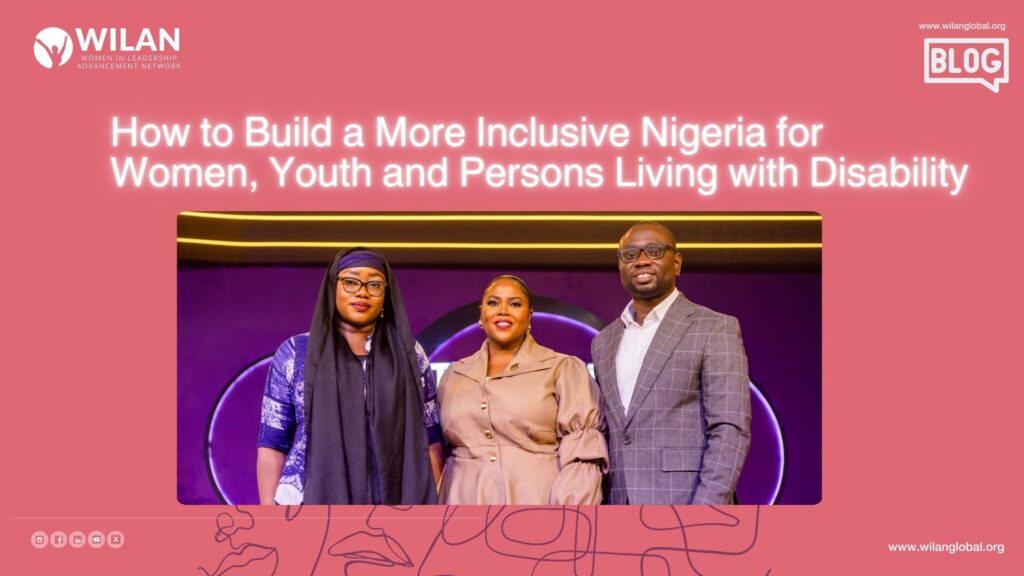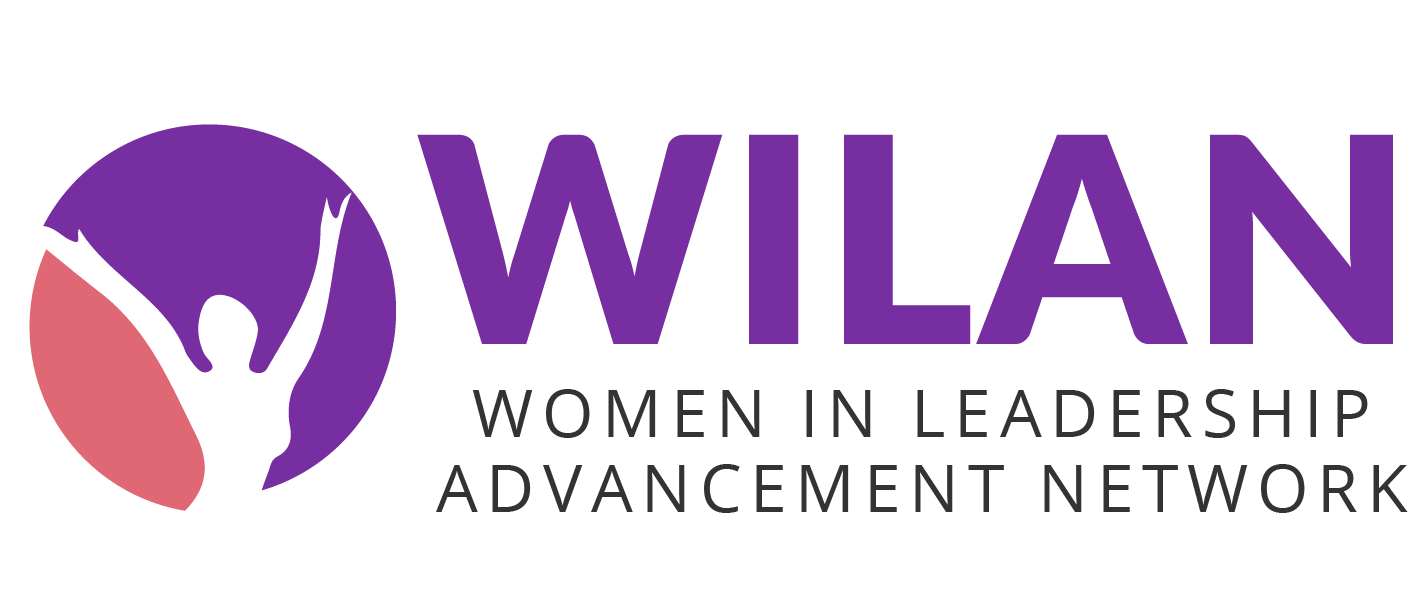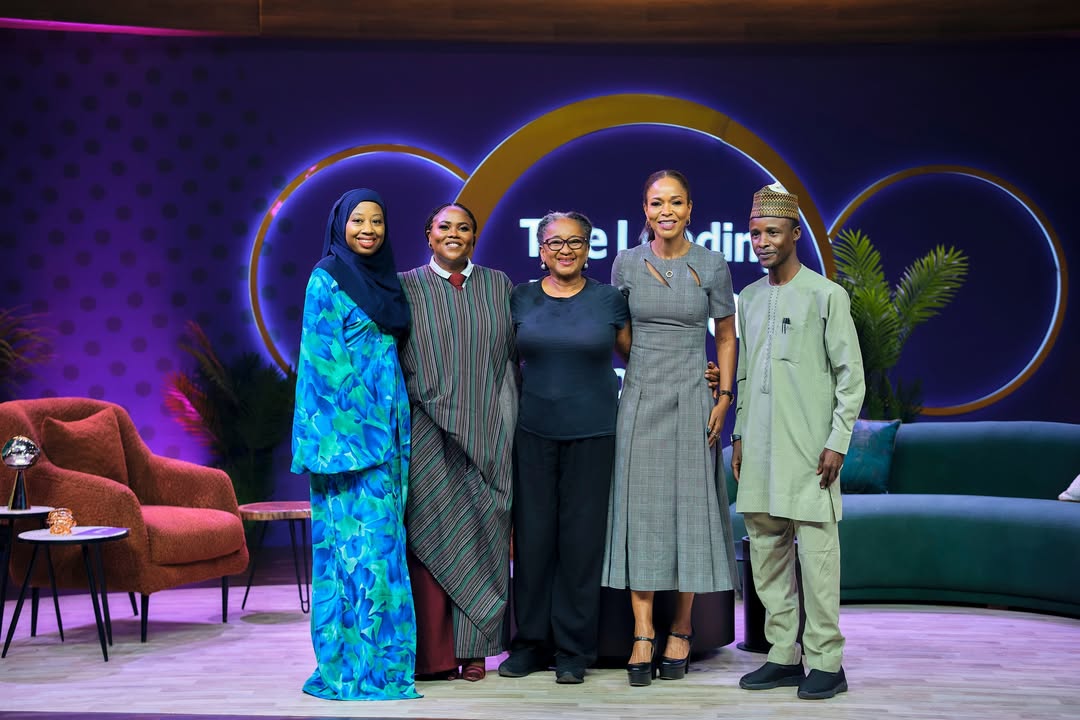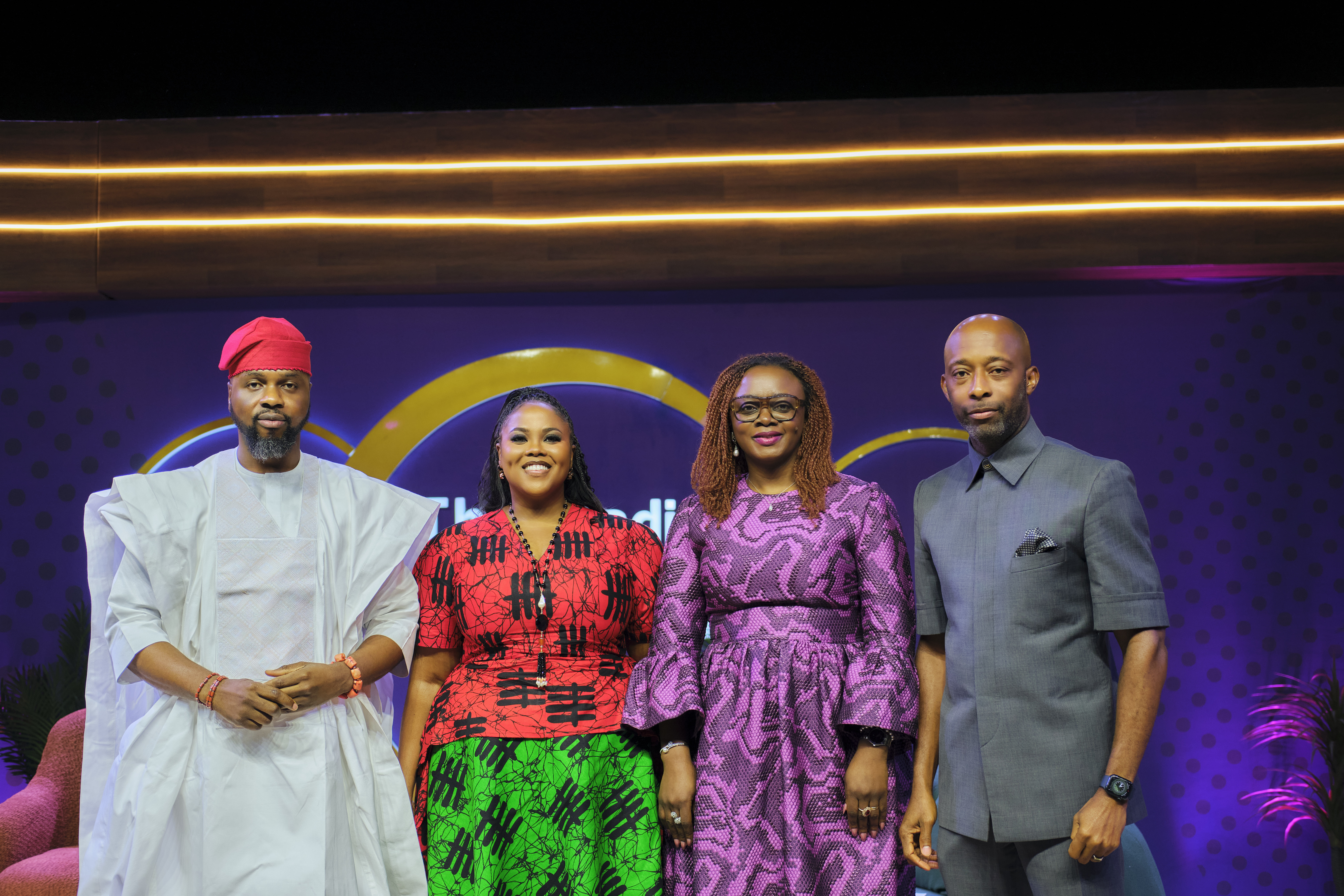In Nigeria, non-inclusive policies create barriers that prevent women, young people, and persons with disabilities from fully participating in society. These policies limit access to opportunities, stifle economic growth, and perpetuate inequalities. When marginalized groups are excluded from decision-making processes, the country loses out on valuable contributions that could drive national progress.
This article is the breakdown of episode 6 of The Leading Woman Show Policy series. This week, we had guests Rinsola Abiola, the Senior Special Assistant to the President on Citizenship & Leadership and Isaiah Owolabi, the Co-Founder and Chief Strategy Officer, HACEY. On the show, they explored the impact of exclusionary policies in Nigeria, highlighted the challenges faced by underrepresented groups, and outlined strategies for fostering inclusivity and equal opportunities.
Understanding Non-Inclusive Policies and Their Impact
Non-inclusive policies refer to government and institutional decisions that fail to accommodate or represent all segments of the population. In Nigeria, these policies often overlook the needs of women, young people, and persons with disabilities, reinforcing systemic inequalities.
Key effects of non-inclusive policies include:
- Social and economic disparities: Marginalized groups struggle to access education, employment, and healthcare.
- Limited political representation: The exclusion of diverse voices weakens governance and hinders the development of policies that address societal needs.
- Barriers to growth and innovation: A lack of inclusivity stifles creativity and progress, slowing down national development.
How does it affect marginalized groups?
Women in Nigeria face significant barriers due to non-inclusive policies. Limited access to healthcare, financial resources, and political participation affects their overall well-being and contribution to society.
Women: Economic, Political, and Healthcare Challenges
- Healthcare disparities: High maternal mortality rates and inadequate reproductive healthcare services disproportionately impact women.
- Economic marginalization: Women struggle to access funding, business opportunities, and fair wages due to systemic discrimination.
- Political underrepresentation: Gender biases in leadership and political structures restrict women’s ability to influence policy and governance.
Persons with Disabilities: Accessibility and Implementation Gaps
Despite existing laws, persons with disabilities continue to face significant obstacles in daily life due to poor enforcement of inclusive policies.
- Accessibility barriers: Public spaces, transportation, and workplaces often remain inaccessible, limiting mobility and employment opportunities.
- Weak policy enforcement: Laws aimed at protecting the rights of persons with disabilities exist, but implementation is slow and inconsistent.
- Educational challenges: Limited access to quality education further marginalizes people with disabilities, restricting their socio-economic advancement.
Youth: Underrepresentation in Governance and Leadership
Young Nigerians make up a significant portion of the population, yet they remain underrepresented in political and leadership roles.
- The potential of youth leadership: Young people bring innovation, fresh perspectives, and energy to governance.
- Barriers to political participation: High financial costs, lack of mentorship, and restricted access to decision-making networks prevent youth from engaging in politics.
- Missed opportunities for progress: Excluding youth from leadership delays much-needed reforms and progress.
The Role of Data in Driving Inclusive Policies
Data is essential for understanding the impact of non-inclusive policies and creating solutions that promote inclusivity.
- Disaggregated data: Collecting data based on gender, age, and disability status helps policymakers identify specific challenges and tailor solutions accordingly.
- Real-time information: Up-to-date data ensures that policies remain relevant and responsive to societal needs.
- Evidence-based decision-making: Reliable statistics support advocacy efforts and help hold governments accountable for implementing inclusive policies.
Strategies for Inclusive Policy Development

To build a more equitable Nigeria, the following strategies should be prioritized:
- Advocacy and awareness campaigns: Promoting inclusive values through public discourse can help shift societal perceptions and drive policy change.
- Strengthening accountability mechanisms: Ensuring that laws and policies are properly enforced can create a more inclusive environment for marginalized groups.
- Encouraging diverse leadership: Supporting women, youth, and persons with disabilities in leadership positions fosters representation and inclusive decision-making.
- Investing in accessibility and inclusion: Enhancing infrastructure, education, and employment opportunities for marginalized groups strengthens social and economic development.
Conclusion: A Call for Collective Action
Nigeria’s progress depends on its ability to embrace inclusivity. By addressing the barriers that hinder marginalized groups, the country can unlock the full potential of its people and drive sustainable development. Policymakers, organizations, and individuals all have a role to play in creating a society where everyone has equal opportunities to contribute and thrive.
It is time for collective action—because an inclusive Nigeria is a stronger Nigeria.







